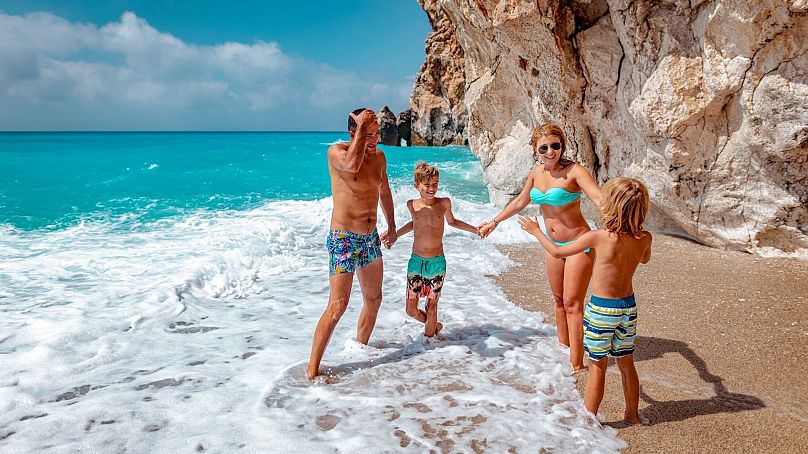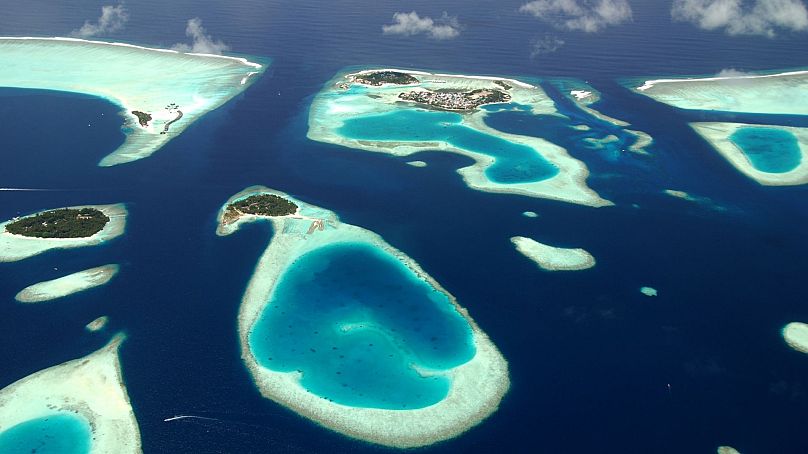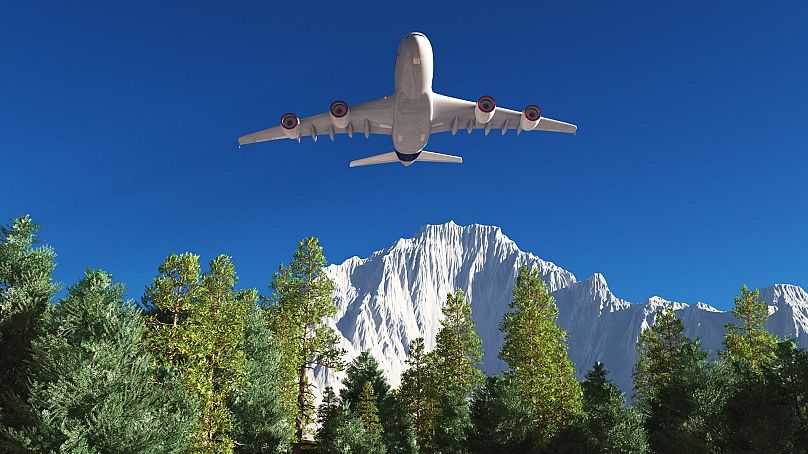Travel writer Mark Bibby Jackson explains why the global tourism sector needs us in order to survive.
Mark Bibby Jackson is passionate about travel and sharing the joys of visiting new places and people. He is the founder and group editor of websites Travel Begins at 40 and London Begins at 40, as well as the award-winning author of three thrillers set in Cambodia. Here he tells us how to get going on an international trip after COVID has kept us all at home.
 ADVERTISEMENT
ADVERTISEMENT
 ADVERTISEMENT
ADVERTISEMENT
The UK Government has removed restrictions for travellers entering or returning to the country to self-isolate, except from red list countries. And it’s left many people considering whether this means the time has finally come to resume international travel.
My answer is yes, so long as you feel comfortable doing so – for your safety is paramount.
It is essential that you check the current requirements both prior to booking your travel and before your departure, for regulations might change in the intervening period.
But, having said that, there are clear and tangible benefits for travelling as soon as you feel ready to do so.
Here are four good reasons to get on the plane again:
4. You’re worth it
After the past couple of years we all deserve a break. And with 100,000 COVID cases per day being predicted for the height of the summer, it could be argued that international travel is safer than staying at home.
I recently travelled to North Wales, which is not international travel for me in the UK, but the sense of relief I felt from breaking away from my domestic shackles was overwhelming.
As a professional traveller this might be expected, but my companion felt the same way. We all need a break.
3. It’s a chance to visit previous tourist hotspots
The great news is that now you can visit all those places you had at the top of your bucket list but were afraid to visit pre-COVID due to the crowds.
Overtourism is now a thing of the past - albeit temporarily. Visitor numbers to popular tourism destinations are unlikely to return to 2019 levels any time soon, so you can visit places in a way that has not proved possible since the relatively recent explosion in tourism, and often at prices not seen for years.
Is now the time for you to ride on a gondola in Venice?
A good friend of mine, based in Cambodia, recently visited Angkor and was amazed by the lack of tourism. Ta Prohm and Angkor Wat were deserted, reminding him of the first time he visited in the 1990s.
Currently, UK travellers are not able to visit Cambodia without entering a period of hotel quarantine, but if the current Thai Phuket sandbox experiment proves successful the likelihood is that international quarantine-free tourism will return to Southeast Asia towards the end of the year or beginning of 2022.
Take advantage of this window, for tourism will return to all these places, and perhaps sooner than you think.
2. Tourism needs you
Few, if any, industries have suffered from COVID as badly as tourism. In 2019, tourism accounted for some 10 per cent of global GDP, this has now declined to just over 5 per cent, with an estimated 60 million tourism-related jobs lost around the world.
These are not just global corporations with large assets behind them, they are poor people struggling to make a living. I have friends in Cambodia who have had little to no income to feed their families since the demise of tourism. A good friend who runs a sustainable travel company estimates that he will have to do without any revenue for two years by the time international tourism returns. This impacts upon his staff and their families.
In countries such as the Maldives and Seychelles which are heavily dependent upon tourism contributing an estimated two-thirds of GDP prior to COVID, the effect is far more damaging than countries such as the UK, France, Germany and the US. The latter few have a more diversified economic base and much stronger domestic tourism potential.
And it’s not just the people who are suffering. Animal conservation organisations in Africa have reported an increase in poaching due to the lack of safaris and the vital income they have provided to fund rangers.
1. You can travel responsibly
While a return to travel can benefit both yourself and the community that hosts you, I would also urge you to keep in mind the long-term effects of international travel.
Prior to COVID, the travel and tourism sector’s projected growth curve would have a cataclysmic climate impact. Many of the island nations heavily dependent upon tourism revenue are also the most at risk from rising sea levels caused by global warming, which tourism contributes to.
When you plan your next international travel trip, do book your journey with a reputable and responsible travel company which has sustainability wired into its DNA rather than serving as a corporate greenwash exercise.
If not, learn how to carbon offset your own trip using an online provider. Carbon offsetting means that passengers can pay a little extra to help compensate for the carbon emissions produced from their flight.
Your additional contribution is invested into environmental projects, such as tree planting schemes or installing solar panels, which reduce the carbon dioxide in the air by the same amount.
International travel is a wonderful experience that many of us will soon be able to enjoy once more. So let’s make sure that when it does return it is both better and greener.














